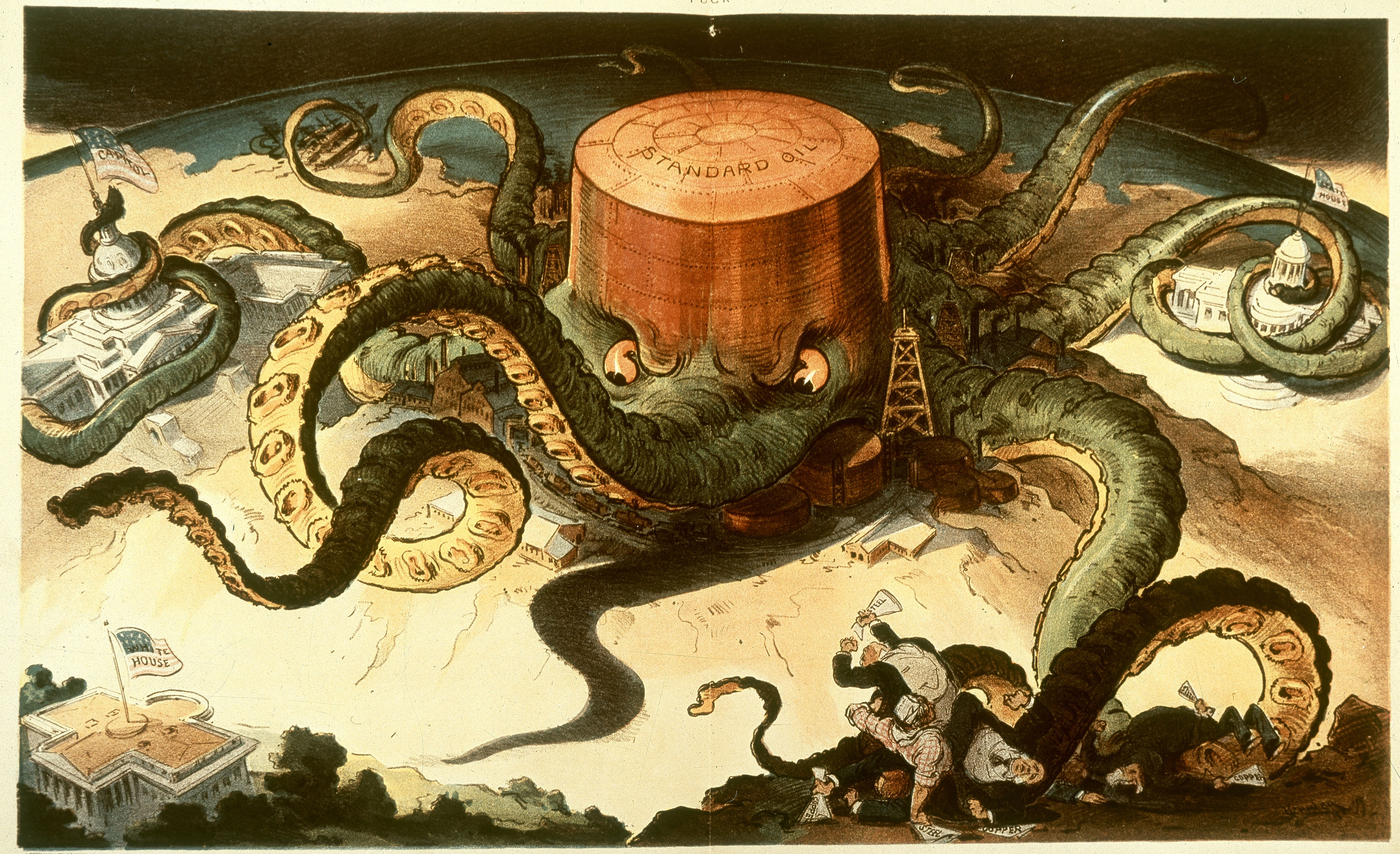Define primary and secondary sources
Primary: written by a person at an event
Secondary: written by someone after the events (researching)
The rights of citizens should be listed in the Constitution. Would either federalists or anti-federalists agree with this statement?
Anti-federalist
What is the biggest change we see during the Industrial Revolution.
A switch from making products by hand to making products in a factory.
What is a Labor Union?
How do they fight for change?
Workers' rights organization.
Strikes
What were some of the restrictions on voting for African Americans in the South?
Why would White Southerners have done this?
Literacy tests, the grandfather clause, and poll taxes.
To ensure that African Americans in the South could not vote. Did not want any change.
What is the cause of the U.S. joining WWII?
What is the effect of the U.S. joining WWII?
Cause: The bombing of pearl harbor
Effect: Tide turning Europe, war production ramp up, draft, women's roles changing, etc.
Anti-Federalist objections to the ratification of the U.S. Constitution led to the
The addition of the Bill of Rights
There was a large shift from Rural areas to where during the Industrial Revolution.
What were cities like during the Industrial Revolution?
Urban (cities)
Dirty, crowded, filthy, no plumbing, lots of sickness, pollution. Low standard of living
What factors would have led to a rise in labor unions during the early 1900s?
Low pay
unsafe conditions
No worker rights
child labor
etc.
Give two examples of legislation in the South that allowed racisms to thrive there.
Plessy v. Ferguson
Jim Crow Laws
Provide two thesis statements. One supports why OSU is the best college football team, and the other refutes it.
Answers will vary
What was the purpose of adding the Bill of Rights to the U.S. Constitution?
to protect people from the abuse by the federal government.
Upton Sinclair's novel The Jungle uncovered the unhealthy conditions inside a meat-packing plant. The publication helped fuel demands for reforms in industrial America. Select all of the legislative actions that occurred in response to the publication of Upton Sinclair's The Jungle.
C and E
Did most companies support labor unions?
What was often a company's and the U.S. government's response to strikes?
Nope
Violence
What was the purpose of the Dawes and Homestead Act?
Encourage westward migration, and limit the power of Indigenous tribes.
What are the 5 qualification to determine if a source is credible or not?
Reputation and qualifications of the author
The author's purpose in writing
Is the author Biased
Are the facts in the article accurate and consistent
do other sources state the same facts
What are two enlightenment ideals that inspired the Declaration of Independence?
social contract
natural rights
democracy
What was the Progressive Era? Was it actually progressive?
A period in the early 1900s was designed to help the working and middle classes. Tried to fix a lot of problems that began during the Industrial Revolution.
Answers will vary.
What is Manifest Destiny?
What kind of an impact did it have on Indigenous populations?
The idea that the U.S. was destined to stretch from coast to coast. Encourage Americans to migrate out west.
Negative, forced them onto reservations. Also lots of bloody battles, many killed.
Why was the 18th Amendment passed? Did it work?
To ban alcohol and try to fix a lot of problems plaguing American home life.
No, it did not. Crime was rampant, people still drank, and many people were arrested. Eventually repealed with the 21st Amendment.
Explain how U.S. isolationism caused the U.S. to delay joining WWII.
Then explain how WWII caused the U.S. to become interventionist.
We did not want to get involved in World Affairs, so we did not want to join in a war in Europe.
After WWII, the U.S. emerged as a global superpower. They wanted to prove their strength and superiority.
Why did the Articles of Confederation fail? What replaced it?
AOC couldn't tax, couldn't raise an army.
Replaced with the Constitution.
What is a monopoly? Why are these so bad for the American consumer/ small business owner?
They buy out the competition and then can sell their good at whatever price because there is no competition.
What was the 13th Amendment?
Banned slavery in the U.S.
 Write a thesis for this political cartoon.
Write a thesis for this political cartoon.
Big business (monopolies) have taken over America. They are controlling the government, and are wreaking havoc on American ideals and the American economy.